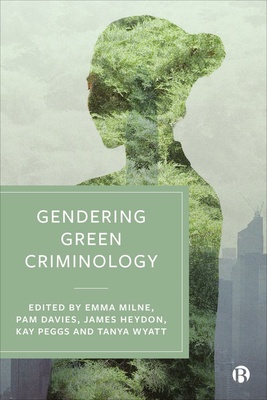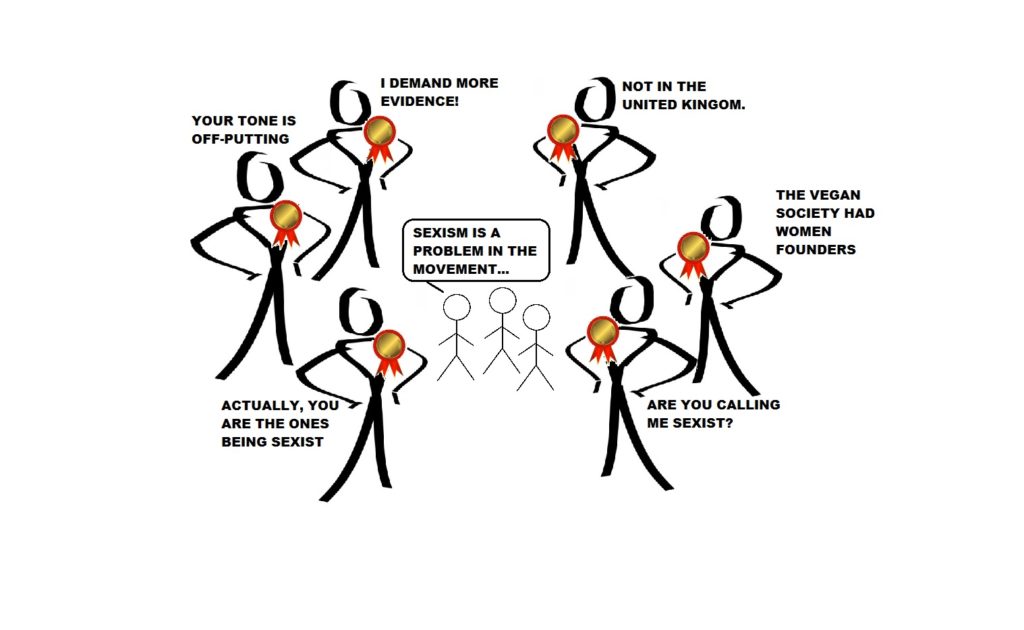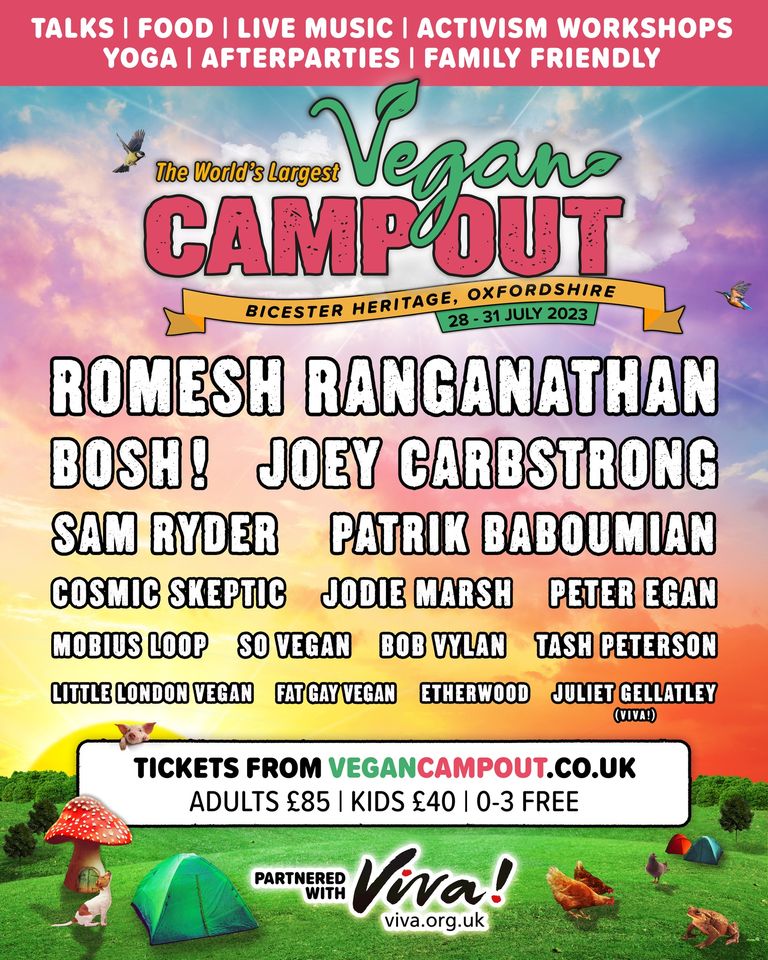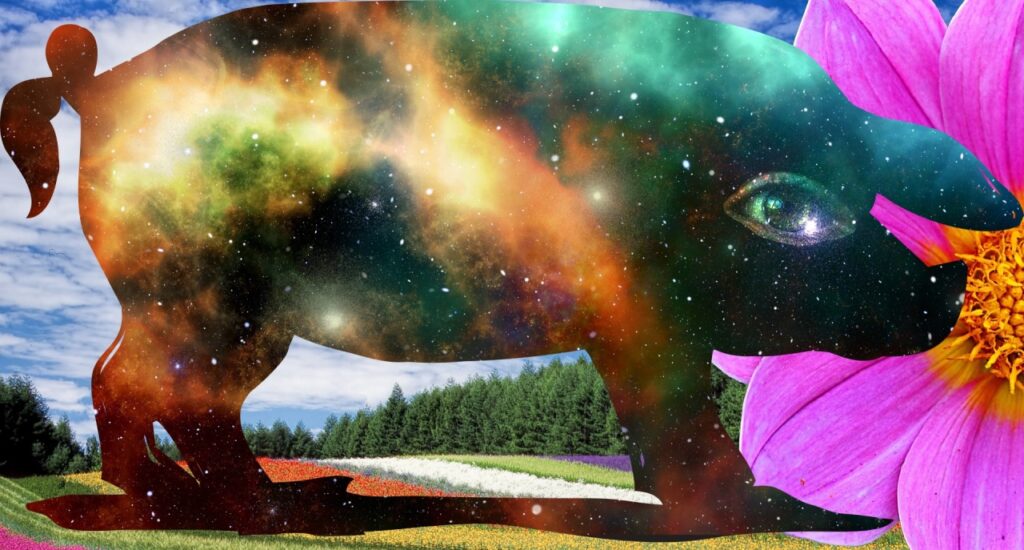
by Michele Sommerstein
I don’t know about you, but for me between the multiple genocides, the rise in COVID cases, the massive COVID denial, the related rise in mask bans, the elections, police violence, the rising threat of fascism, climate change, and so many other issues – for fuck’s sake! it’s a lot.
And so lately, I’ve been feeling like while I am doing what I can to be part of the collective effort for justice, (for another world is possible), I can’t only make protest art. My heart also needs lighter projects.
And so recently I’ve returned to making vegan content. But not some call for intersectionality, articles discussing inner-movement issues, kill counter references, and environmental stats, as I had done in the past. Just lighter. And perhaps because it has been a while since I have made vegan content, I found myself unexpectedly reflecting on the intersections of my disability and vegan identity.
Before my disability identity-themed YouTube show (Rebelwheels NYC), I had a short-lived vegan cooking show called My Easily Amused Kitchen.
[image description: video thumbnail. a screenshot from the video taken in my apartment. a white wall and a purple couch behind me. text reads MEAK ep 1 creamy pea soup of vast fantasticness! my easily amused kitchen. there is olive oil being poured onto a bowl of peas. and I am pointing with my finger up sitting next to a penguin stuffed animal. I have glasses, a black shirt, and longer hair with bangs]
And looking back on that time, I realize that I really wasn’t being fully authentic in the videos. Of course, it was done in my motorized wheelchair and there was some of my quirky humor, but I remember I often downplayed any kind of physical fatigue even though that is part of my disability.
You see, between my animal rights activism at the time and the vegan content that I watched on YouTube, I was very much familiar with the protein myth. The false idea that if you go vegan, that you will by default, be physically weak due to not being able to get enough protein on a vegan diet.
Often I saw other (physically able-bodied) vegans whether in person or via YouTube videos who were very intentional about presenting veganism as part of an energetic lifestyle in an attempt to counteract said misinformation.
And there are many professional athletes who are vegan. I personally knew a guy (not professional) who was vegan, who lifted weights and ran marathons with ease.
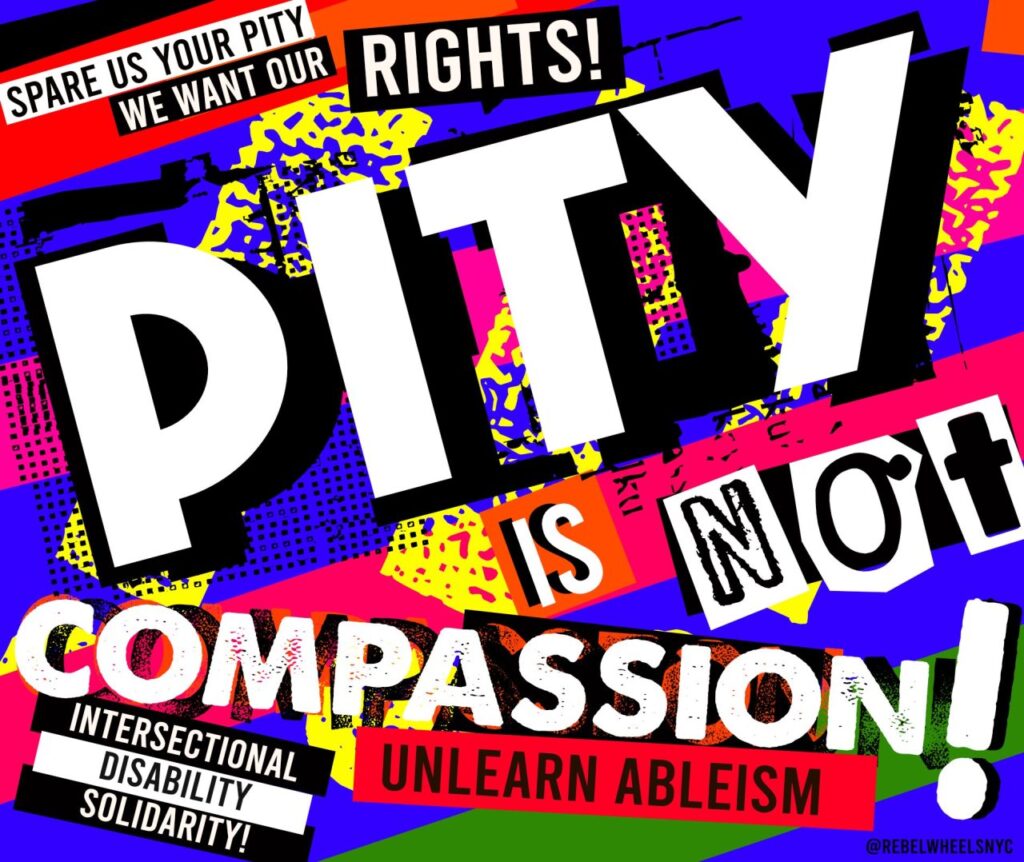
And then there was me, a disabled vegan, and not Paralympic disabled, disabled with low spoons (slang term for energy), disabled with health problems, disabled where muscle weakness is literally part of my disability. And now I can type that and say “represent” with a sense of disability pride, but back then it almost felt like it was a hindrance to the cause.
And to be clear, no one ever said to me “hide parts of your disability for the movement.” It was just the way it was presented that made me feel like I should.
And it wasn’t just the impression I got from a lot of people in the vegan community. I could sneeze and an omnivore would say “Is that because you’re vegan?” (as if they themselves never sneezed?)
As a result, I was very aware of how my disability was somewhat being linked to the protein myth. As if I wouldn’t be disabled if I wasn’t vegan. As if people aren’t born with disabilities. As if disability and veganism were somehow incompatible.
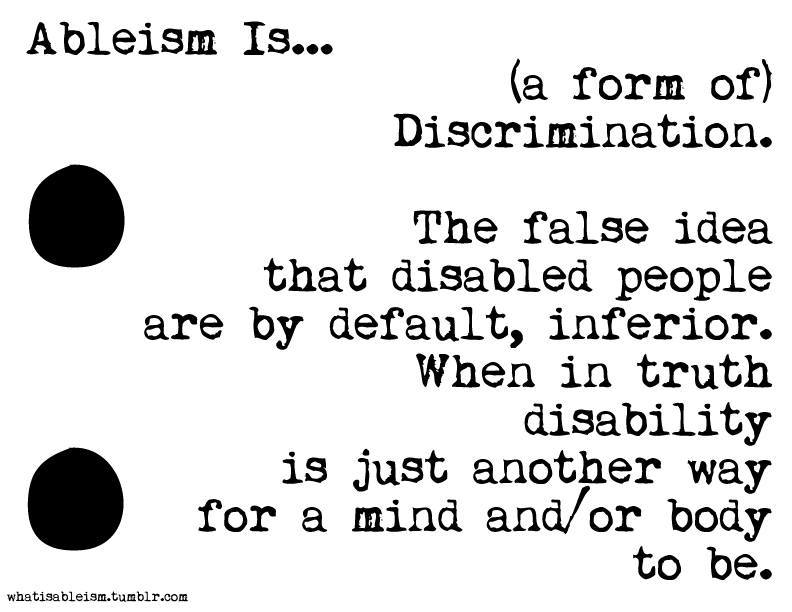
And so part of me felt that to show my truth was feeding into that weakened stereotype, thus hurting the movement and thus hurting the animals, which obviously as a vegan and animal rights activist, you don’t want to do.
Looking back, it was also a lot of internalized ableism on my part, for I had yet to be aware that ableism was even a word, let alone working to unlearn it, and certainly had not yet found my groove and voice in my disability identity.
That said, I now see how essential it is to have a variety of vegan representation in all areas but in this case, ability and health.
And so, in the name of creating something lighter, and because it just so happened that I needed a new vegan cheese (long story), I filmed a taste test where I was un-apologetically me. Full throttle neurodivergent, processing delays, immensely honest, not downplaying when I was physically fatigued or in pain nor the fact that while there are many vegan cheeses out there, I could not try a lot of them, due to dietary intolerances and ingredient sensitivities.
[image description: tumblr has cropped the video thumbnail. the full thumbnail is as follows. Background gold glitter. Over that rainbow stripes. Purple blue green yellow orange red and dark red. To the left a photo of myself wearing a silence equals death with a watermelon pink triangle symbol on it holding up a piece of vegan cheese. I have oversized black cat eye eyeglasses and my rainbow flower crown hair band is pushing back my dark hair. Next to me is a collage of various vegan cheeses. And over that is the text in a bold black font “disabled and neurodivergent vegan taste test vegan cheese.” Every line has a white rectangle behind it and behind that is a black rectangle shadow. In white text with a black rectangle behind it. “Not sponsored. Very honest.”]
And as a result of being authentic and sharing my truth, I’m starting to come across other disabled vegans like me, chronically ill vegans, neurodivergent vegans, etc. and it’s lovely.
Many years ago, I wrote an article entitled Is Veganism Ableist? A Disabled Vegan Perspective. And in regard to the ideas of veganism, the answer remains no.
However, I do think in the wanting and sometimes desperation to do all we can to save the animals (and to a certain degree, the planet as animal agriculture is one of the larger contributors to climate change), a lot of us took action to dispel the protein myth, and while in ways it was good, some of our actions had consequences that also caused harm.
It is a reminder that when we take action to fight misinformation, we must make sure that we are also not punching down in the process (whether intentionally or not.) This is something that goes far beyond veganism.
In the end, us vegans from marginalized communities must represent with as much realness as possible, not only so people know that vegans vary, but so other marginalized people who are perhaps ‘vegan-curious’, will know that they too are welcomed in the movement. After all, the animals need as many allies as they can get.
Author’s Note: In the past, I have written articles using my birth name Michele Kaplan. However, in the past year, I have decided to use my mother’s maiden name, and thus why this article is by Michele Sommerstein, while past articles are by Michele Kaplan. Same person. I didn’t get married. This just felt right to me for personal reasons.
This essay originally appeared on Rebelwheels’ Soapbox in 2024.
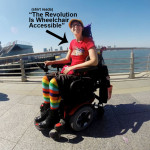 Michele Sommerstein is a queer (read: bisexual), geek-proud, intersectional activist on wheels (read: motorized wheelchair), who tries to strike a balance between activism, creativity and self care, while trying to change the world.
Michele Sommerstein is a queer (read: bisexual), geek-proud, intersectional activist on wheels (read: motorized wheelchair), who tries to strike a balance between activism, creativity and self care, while trying to change the world.



